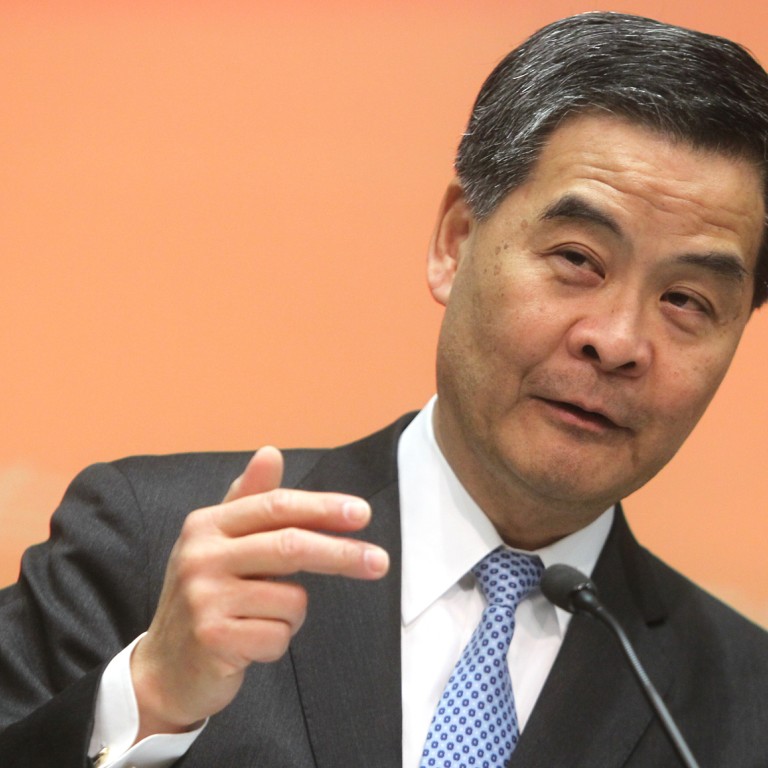
New | Plan for first traditional Chinese medicine hospital unveiled
A site in Tseung Kwan O previously earmarked for a 500-bed private hospital will be used to build the city’s first Traditional Chinese Medicine (TCM) hospital, Chief Executive Leung Chun-ying announced in his policy address on Wednesday.
The government will encourage non-government organisations to bid for the operation of this new hospital, said a source from the Food and Health Bureau.
She expected the new hospital in Tseung Kwan O would offer relief therapies for after-stroke patients, cancer patients and those who suffered from musculoskeletal pain.
But before that, the government will have to formulate a set of standards and regulations for the new hospital.
A pilot scheme on the integrated therapy of TCM and Western medicine treatment will be launched in three months.
to help a TCM development panel to formulate such regulations.
“The purpose is to give TCM and Western medicine doctors a chance to work out the details on how they can really cooperate with each other,” said the source.
“They will have to set aside the duty and responsibility from each other, work out the details on how the patients’ record can be shared, and how they can design the therapies for the patients,” the source said.
It is understood that Princess Margaret Hospital and Tuen Mun Hospital would handle therapies for cancer. Practitioners from the hospitals’ Chinese medical out-patient clinics would work with Western doctors interested in the scheme.
Kwong Wah Hospital and Prince of Wales Hospital will treat stroke patients while the service for musculoskeletal pain patients will be in Pamela Youde Nethersole Eastern Hospital and Kwong Wah.
A member of the government’s Chinese medicine development committee Dr Andrew Yip Wai-chun said: “A Chinese medicine hospital to meet the demand from patients and researchers has been long overdue.”
Yip, honorary medical director for Tung Wah Group of Hospitals, said there were medical practitioners trained for both Chinese and Western medicines in the mainland, but Hong Kong lacked such talents and needed develop a model for Chinese and Western doctors to work together.
He estimates that around one in four of public hospital patients is already seeking Chinese medical treatment or taking herbal medicine.

